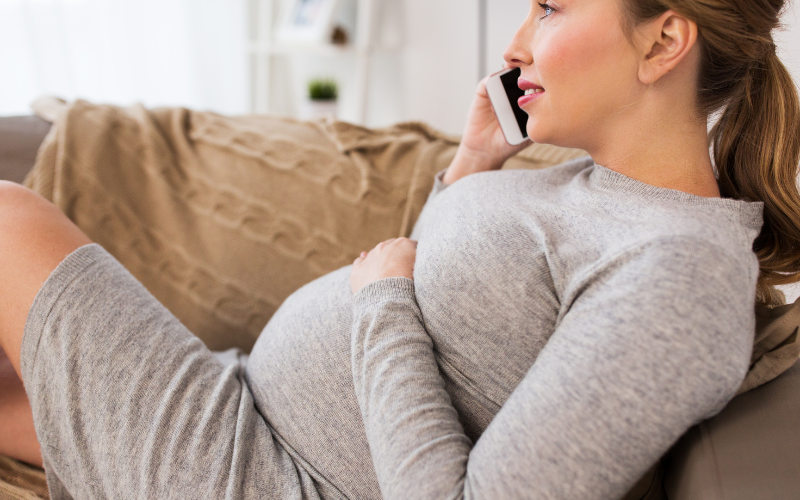
Pregnancy Incontinence: What You Need to Know
Share
Pregnancy can be a thrilling and yet challenging time for women. With so many changes happening to their bodies, one of the most common and uncomfortable issues that women experience is pregnancy incontinence. Defined as the unintentional leakage of urine during pregnancy or postpartum, it can cause discomfort and embarrassment for many women. In this blog post, we will discuss what pregnancy incontinence is, what causes it, and how to manage it.
Why Does Pregnancy Cause Incontinence?
During pregnancy, the uterus expands in size, placing extra pressure on the bladder. At the same time, hormonal changes, such as increased levels of progesterone, can cause muscles to relax, including bladder control muscles, leading to urinary incontinence. Additionally, as the fetus grows, it puts more pressure on the bladder and causes further strain, making it hard to hold urine. Stress incontinence is more common towards the end of pregnancy, and affects up to 50-70% of pregnant women.
Types of Pregnancy Incontinence
There are two types of pregnancy incontinence that women can experience during pregnancy: stress incontinence and urge incontinence. Stress incontinence happens due to stress or pressure on the bladder. Laughing, coughing, or sneezing can trigger it. On the other hand, urge incontinence happens when there is a sudden and intense urge to urinate, and if the woman can't make it to the bathroom in time, they may leak urine.
Treatment for Pregnancy Incontinence
There are several effective ways to treat and manage pregnancy incontinence. One of the most critical steps is doing pelvic floor exercises regularly. These types of exercises help to strengthen the muscles around the bladder and urethra, lessening the chances of urine leakage. Meeting with a physical therapist can be a helpful way to learn new exercies and positions that may help with pregnancy incontinence.
Also, managing your fluid intake and schedule is crucial, as drinking too much fluid can put additional strain on the bladder. Taking regular bathroom breaks is also essential.
Pregnancy incontinence should never hinder you from enjoying your pregnancy and postpartum period. With proper care and treatment, incontinence can be managed. If you are experiencing severe or persistent urine leakage, speak with your healthcare provider. They can recommend additional treatments or refer you to a specialist who can help you enjoy your pregnancy without any discomfort or embarrassment.
Remember, every woman deserves to have a comfortable and healthy pregnancy.
